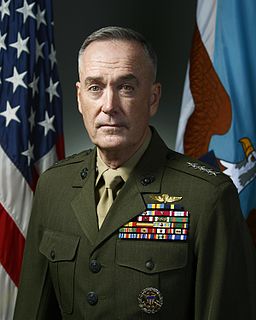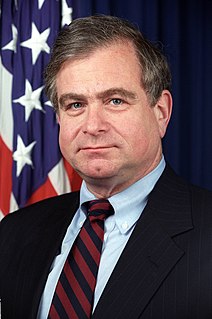A Quote by Richard N. Haass
Not every threat to America's national interests can be addressed with military power.
Related Quotes
Despite all the noise and hullabaloo - military cooperation, intelligence cooperation, all of that has continued. We have defended them consistently in every imaginable way. But I also believe that both for our national interests and Israel's national interests that allowing an ongoing conflict between Israelis and Palestinians that could get worse and worse over time is a problem. And that settlements contribute.
Suffice it to say that Wall Street investors in the drug industries have used the government to unleash and transform their economic power into political and global military might; never forget, America is not an opium or cocaine producing nation, and narcotic drugs are a strategic resource, upon which all of the above industries - including the military - depend. Controlling the world's drug supply, both legal and illegal, is a matter of national security.
Dealing with the threat that Secretaries Albright and Cohen have described, the threat from Saddam Hussein, demands constant resolve by the United States and by the international community; and at times, action. As long as he remains in power, we must be prepared to respond firmly to reckless actions that threaten the region and our interests. We've done that successfully over this decade.
American national security and American economic interests, of course - every president, every secretary of state - that is the primary goal. As you are in this job and in the work, you begin to see, though, that in the long run, both American economic interests and American national security are better served when there are other decent countries in the world who are both your allies and even when your adversaries are acting more decently.







































